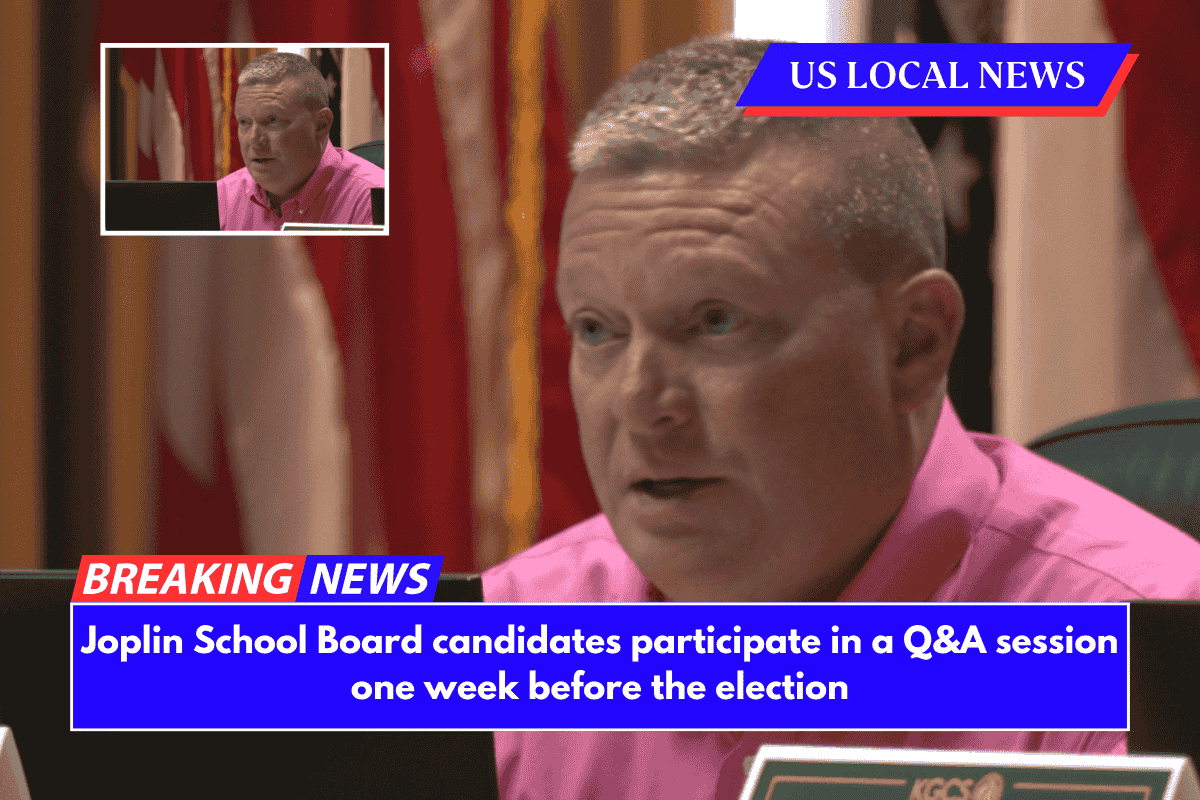Richard Chamberlain, who died today at the age of 90, rose to prominence as TV heartthrob Dr Kildare in the 1960s.
His dashing good looks earned him legions of female fans and landed him roles in a slew of forgettable television films.
But in middle age, his career took off again.
Chamberlain dominated the 1980s TV miniseries, playing a western prisoner in Shogun and a Catholic priest tempted by love in The Thorn Birds.
When confronted by a French magazine in 1989, he denied being gay and did not come out publicly until he was 70.
In interviews promoting his 2003 memoir, he advised other handsome leading actors to keep their sexuality private.
“There’s still a tremendous amount of homophobia in our culture,” he told me. “Please, don’t pretend that we’re suddenly all wonderfully, blissfully accepted.”
George Richard Chamberlain was born March 31, 1934, in Beverly Hills, California. He died a day before his 91st birthday.
Richard’s father, a salesman, had a drinking problem, which impacted his childhood. He described himself as a “shy, serious, lugubrious kid, painfully thin, with a long, sad face”.
He admitted to being the “uncooperative kid in school,” but he discovered a passion and talent for sports.
At Pomona College, he caught the acting bug, and a role in Bernard Shaw’s Arms and the Man convinced him he had found his calling.
Paramount Studios was interested in him, but his acting career was put on hold when he was called up to serve in the United States Army for 16 months, rising to the rank of sergeant while stationed in Korea.
Following his discharge, he appeared in a number of television shows, including an episode of the popular Western Gunsmoke.
Not everyone regarded Chamberlain as a future star.
He was handsome enough, with profiles at the time gushing over his “fine-lined aristocratic face, suggesting a young Florentine noble – straight out of the Renaissance”.
However, his natural shyness served him well when he auditioned for the role of Dr. James Kildare, a medical intern struggling to learn his profession, in NBC’s new primetime medical drama.
“Perhaps it was inevitable,” said one friend and rival. “Who else could look so anti-sceptic as Dick?”
The series aired nearly 200 episodes across five seasons.
It broke new ground by addressing issues such as drug addiction, which had not previously been shown on US television.
Female fans had a huge reaction.
Chamberlain received 12,000 letters a week. In Pittsburgh, 450,000 people gathered to see him at a parade, and in New York, he nearly sparked a riot when a child spotted him and called his name.
The studio took advantage of this attention, releasing novels, comics, and games featuring Chamberlain’s image.
Fans would even write to “Dr Kildare” and ask him to solve their various medical problems.
Chamberlain also had an unlikely hit single, Three Stars Will Shine Tonight, which featured romantic lyrics added to the show’s distinctive opening theme tune.
In 1963, he won the Golden Globe Award for Best Television Actor. However, three years later, audiences began to decline, and NBC pulled the plug.
Chamberlain, now an international star, struggled to move on from Kildare.
In 1966, he hoped to break into the film industry, but his performance in Joy in the Morning, a light romantic comedy, received negative reviews.
They claimed that audiences were laughing in “all the wrong places”. So he decided to ignore Hollywood and make a living on stage.
He got off to a rocky start when a musical adaptation of Breakfast at Tiffany’s, in which he starred opposite Mary Tyler Moore, closed after only four performances.
The production is still regarded as one of Broadway’s biggest turkeys. However, moving to England provided him with the opportunity to reinvent himself as a’serious actor.’
In 1967, she played the lead in Henry James’ Portrait of a Lady and costarred with Katherine Hepburn in The Madwoman of Chaillot, a satirical comedy.
And, two years later, he became the first American to play Hamlet at the Birmingham Repertory Theatre since the legendary John Barrymore in 1925.
This time, the reviews were excellent, and he returned to play Denmark’s most tortured prince in a Hallmark television adaptation.
However, Chamberlain was cast as Tchaikovsky in Ken Russell’s overblown biopic The Music Lovers, which starred Glenda Jackson.
Critics dismissed the film, which made great play of the relationship between a composer with repressed homosexual tendencies and his nymphomaniac wife, but it later became a cult favorite.
Chamberlain later played Lord Byron opposite Sarah Miles in Lady Caroline Lamb, as well as the swashbuckling French swordsman Aramis in Richard Lester’s The Three Musketeers.
He also appeared in the Towering Inferno, alongside half of Hollywood, as a crooked electrical engineer whose corner-cutting causes the spectacular destruction of a 138-story building.
The 1977 television series Roots, set during the American slavery era, drew large audiences and received nearly 40 Emmy nominations.
It sparked a revival of the miniseries, bringing Chamberlain back to television.
He beat out Roger Moore and Albert Finney to play John Blackthorn, a captive English navigator in 17th-century Japan, in Shogun.
The series aired on NBC over five nights in 1980, with nearly 30 million viewers.
Chamberlain won another Golden Globe for his portrayal of Father Ralph de Bricassart in The Thorn Birds, a priest torn between God and his sexual desire for Rachel Ward.
It was even more successful than Shogun, attracting 60% of television viewers and receiving 16 Emmy nominations.
Chamberlain’s career waned in the 1990s.
There was a steady stream of solid, if not outstanding, performances in made-for-TV films, as well as numerous guest appearances on other people’s shows.
These included a sequel to The Thorn Birds, The Missing Years, in which Amanda Donohoe replaced Rachel Ward.
Chamberlain’s biography Shattered Love, published in 2003, long after he had stopped playing romantic leading men, revealed for the first time that he is gay.
Despite a 30-year relationship with actor and director Martin Rabbett, with whom he had previously starred in the film Allan Quatermain and the Lost City of Gold, they had kept their personal life private.
“I thought there was something very, very deeply wrong with me,” he said, “and I wanted to hide it. I remember making a promise to myself that I would never, ever reveal this secret.
Chamberlain and Rabbett parted ways in 2010.
Chamberlain later became comfortable playing a gay man, most notably in Desperate Housewives and Will & Grace.
He continued to work in musical theatre, appearing in touring productions of Spamalot, My Fair Lady, and The Sound of Music.
He never regretted concealing his sexuality to protect his career.
“I would have been a happier person being out of the closet and free,” he said to El País in 2024. “But I had other reasons that made me happy. I was a working actor, and that was most important to me.”
He will be remembered as the king of the TV miniseries, playing the dashing lead in everything from Dr. Kildare to The Thorn Birds.
Despite attempts to reinvent himself as a serious stage actor, he was most effective on television, entertaining millions watching from the comfort of their own couches.
For, while there were always better actors than Richard Chamberlain, few could match his ability to captivate a television audience.


















